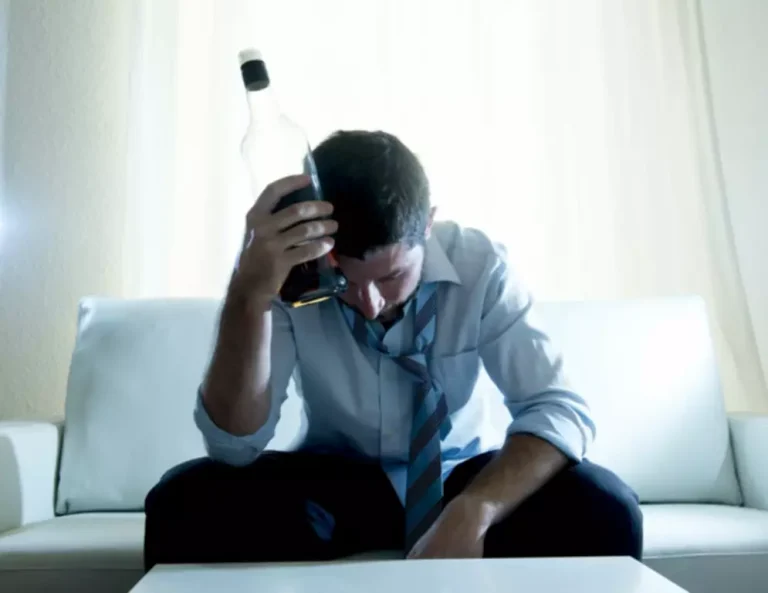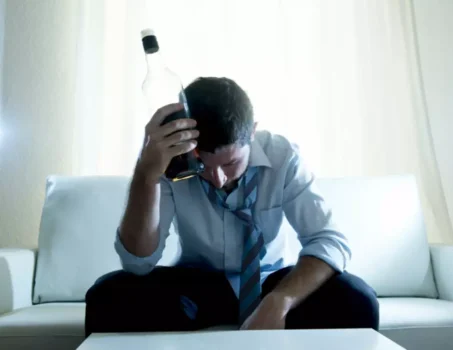
They inspire her to embrace creative solutions when faced with challenges. She finds immense value in being a part of each participant’s life journey, considering it a priceless aspect of her career. When she’s not working, she enjoys exercising (running/biking), reading and playing with her rescue cat, Clementine. She enjoys spending time with her children and loves playing cards and board games. When Dr. Tam is not working, he enjoys spending time with my family, swimming, and the occasional round of golf. When he’s not working, he enjoys hiking, and spending time with family and friends.

Long-Term Support
This makes your brain blood flow decrease and kill the means by which your brain cells communicate with each other. When you’re dehydrated and devoid of electrolytes, you have a greater risk of feeling sluggish, dizzy, or slow-brained. It’s one of the biggest explanations brain fog smacks so painfully after a bender. This cognitive haze is not constant and may vary in intensity, yet a gradual improvement is usually observable. Some people may notice improvements in memory, verbal skills, and decision-making abilities, but not everyone will experience the same recovery outcomes. Specific brain functions like visual-spatial skills and multi-tasking might take longer to regain, and in some cases, may not return to their pre-alcohol consumption levels.
Mind, Body, Spirit Focus
The smoke will clear in due time and your noggin will be back in shape before you know it, especially with the help of these brain-boosting practices. Therefore, it’s important foggy head days after drinking to make getting quality sleep a priority to avoid more brain drain. Make sure that your bedroom is maximized for restful sleep by designating it for sleep and intimacy only. That means no computers or TV’s since they emit blue light, a known suppressor of melatonin production.
Contact Miracles Recovery Center…

To prevent brain fog, make sure to drink water between alcoholic drinks, eat a balanced meal before and after drinking, get quality sleep, and limit your alcohol intake. Brain fog is a term used to describe cognitive difficulties, such as trouble with focus, memory, and thinking. It’s often characterized by confusion, forgetfulness, or a lack of mental clarity. In fact, many people with alcohol use disorder (AUD) who go through the detoxification process experience prolonged brain fog. This is largely because our body is working hard to clear a buildup of alcohol-related toxins while also battling cravings for more alcohol, making it difficult to think clearly. Dehydration can contribute to brain fog, so it’s important to drink plenty of fluids, especially water, after drinking alcohol.
- This experience instilled in her a deep desire to pursue a career in medicine, aiming to give back to the community and ensure quality care for those who need it most.
- Aim for at least eight glasses of water per day, especially after consuming alcohol.
- Make sure to drink plenty of non-caffeinated fluids, especially water, throughout the day.
- Driven by a desire to make a meaningful difference in people’s lives, Dr. Dabas is dedicated to enhancing the health and well-being of her patients.
Also, sleeping with an essential oil diffuser provides soothing aromas and low, rhythmic noise to help lull you to sleep. It can lead to cognitive impairments such as memory loss, poor concentration, and difficulty with decision-making. It can be caused by a number of different factors, including alcohol addiction. The most common symptoms include confusion, poor concentration, loss of muscle coordination, and loss of mental activity that often lead to coma and eventual death.

In this article, we’ll explore the causes, effects, and ways to tackle Sober living home this common issue. As the alcohol is metabolized and nutritional states are restored, alcohol brain fog can clear with time. Once alcohol is eliminated and alcohol withdrawal symptoms subside, people recovering from an AUD will feel more like themselves again.

Sleep is another important factor in relieving the symptoms of alcohol fog or any common type of cognitive impairment. This is because sleep deprivation can lead to fatigue and difficulty concentrating. Therefore, it is crucial to drink plenty of water when you are trying to relieve the symptoms of alcohol fog or brain fog in general. Do you ever feel like your brain is foggy after a night of drinking?
Dehydration can lead to cognitive difficulties, intensifying the feelings of brain fog. Once a person recovers from their brain fog, they should continue their addiction treatment. While brain fog from alcohol is temporary and reversible, chronic alcohol abuse can lead to permanent cognitive impairment. In addition, acupuncture can also help improve your sleep quality, which can further help reduce the symptoms of alcohol fog or brain fog in general. Exercise is also a great way to help improve your overall brain health. This is because exercise can help to improve blood flow to the brain and reduce stress levels.
Foggy Head Days After Drinking
- They may lose the energy they acquire from food or rest by thinking about a difficult subject.
- But after a few drinks, your heart starts pumping faster, and the blood vessels can’t expand enough to accommodate all the blood.
- Her passion lies in providing compassionate care, supporting patients throughout their health journeys, and helping them achieve better outcomes.
Older individuals or those with liver impairment may process alcohol more slowly, leading to prolonged symptoms. People who mix alcohol with other substances, such as marijuana or prescription medications, may also experience longer-lasting cognitive effects. For the brain to reestablish normal cognitive function, a minimum duration of two weeks is generally required, although this can fluctuate depending on individual circumstances. For those seeking to restore cognitive function after quitting alcohol, patience and professional support are crucial components of the recovery timeline. If you’re looking to bounce back from that fuzzy-headed feeling after drinking, take a closer look at what you’re eating.
How to Get Rid of Brain Fog From Drinking?
Alcohol use disorder also plays a role in exacerbating mental health conditions such as depression and anxiety disorders, further complicating the timeline for the fog to lift. A medical professional’s guidance is integral to navigating these challenges and facilitating the return to mental clarity. Brain fog recovery time can be impacted by the severity of alcohol abuse, mental health issues, and lifestyle habits. Taking proper steps to treat these issues can help minimize its duration.


Recent Comments